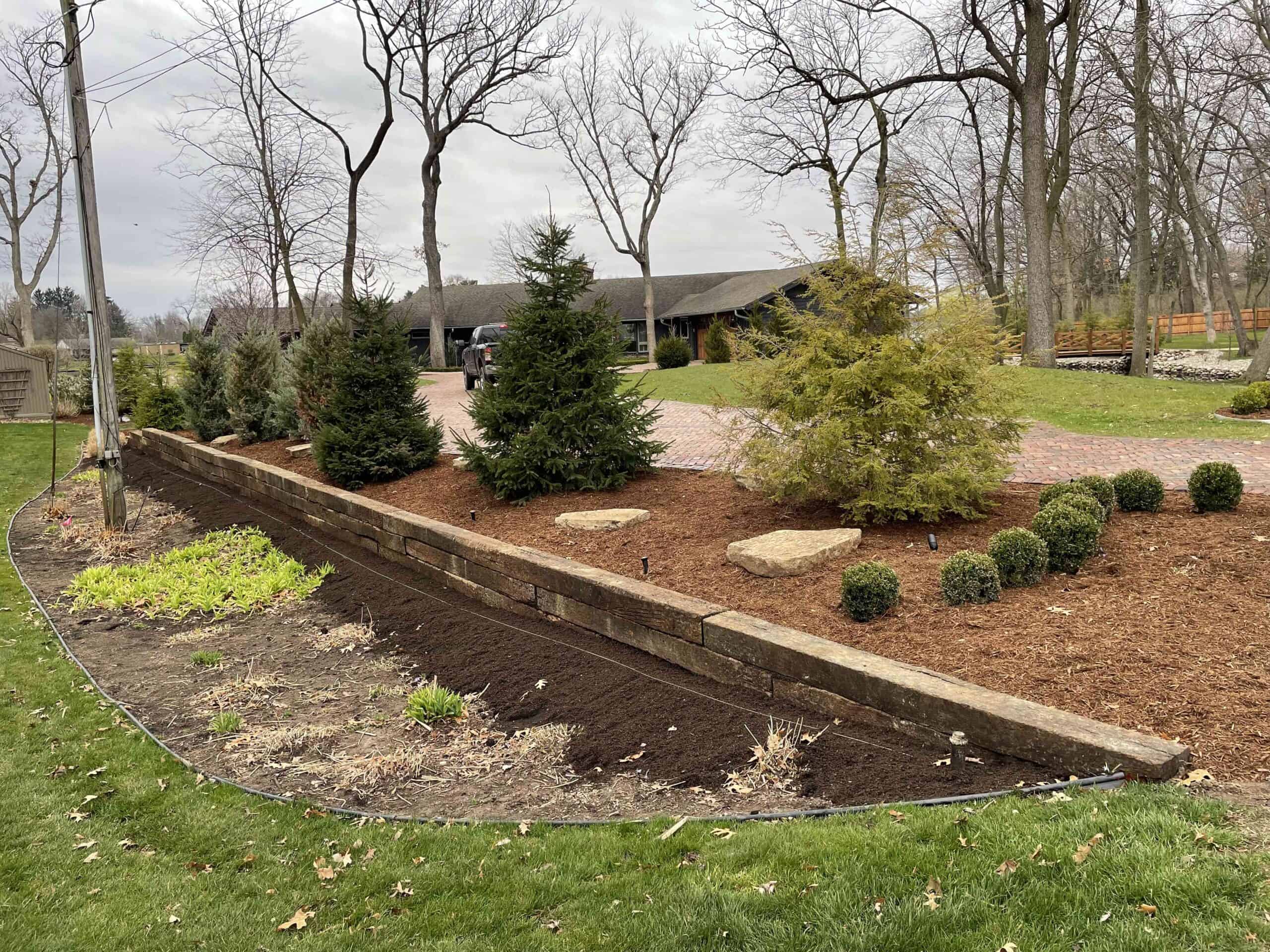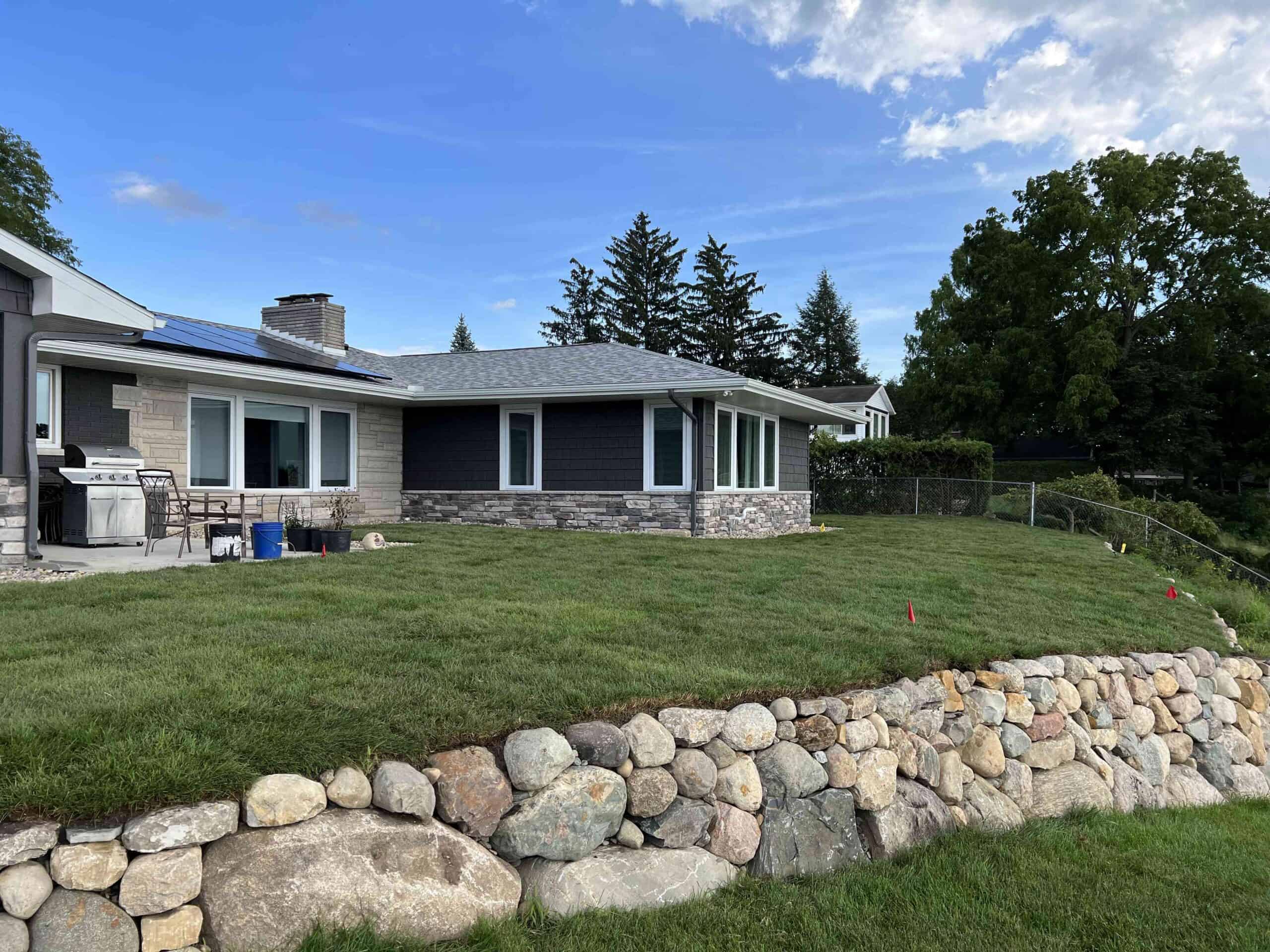Retaining Walls: Regulations and Permits
Retaining walls manage soil erosion and create functional outdoor spaces on sloped terrain. They are essential for many properties, but it's crucial to understand the regulations and permits required by local authorities before constructing one.

Understanding Retaining Wall Regulations
Need structural support, help with soil erosion, or enhancements to the aesthetics of outdoor spaces? Build a retaining wall. However, due to their potential impact on property and environmental safety, the task often requires approval from Indiana’s regulatory bodies. Understanding the regulations and permits associated with building retaining walls is essential for ensuring compliance with legal requirements and avoiding costly penalties. For example, local zoning ordinances dictate where and how retaining walls can be constructed within a property. They may also specify setback requirements, maximum height limits, and other restrictions to ensure adherence to land use specifications. Indiana's building codes set forth construction standards and safety requirements by addressing structural integrity, materials, drainage, and other factors that safeguard property and public health. Meanwhile, retaining laws located near property lines may require consent from adjacent landowners. Contact Busy Lil Beavers for more information.Obtaining Permits for Retaining Walls with Professional Help
Unfortunately, navigating the retaining wall permit process can be complex and confusing. But a professional landscaping company can help simplify the steps. Begin by scheduling a consultation to assess your property, discuss your project goals, and determine the feasibility of your proposed retaining wall design. Based on the side assessment and your preferences, professionals can develop a detailed proposal that includes specifications such as wall height, materials, drainage solutions, and any necessary structural engineering. A reputable landscaping company will also handle the permit application process on your behalf. They will prepare all necessary documentation, including design drawings, engineering reports, and application documents, before submitting them to relevant local authorities for review and approval.

